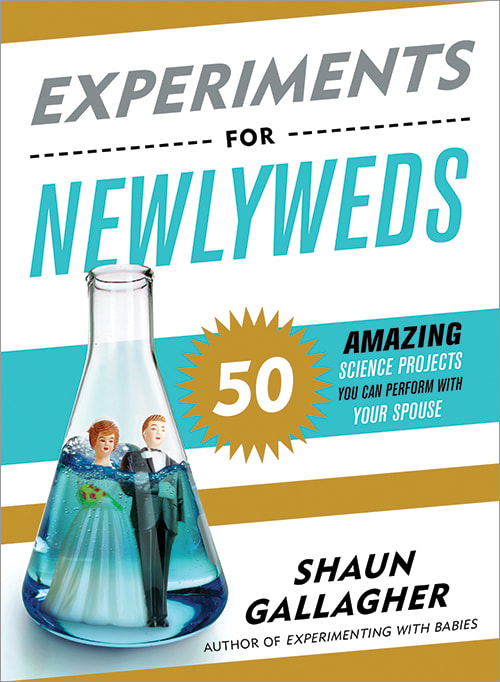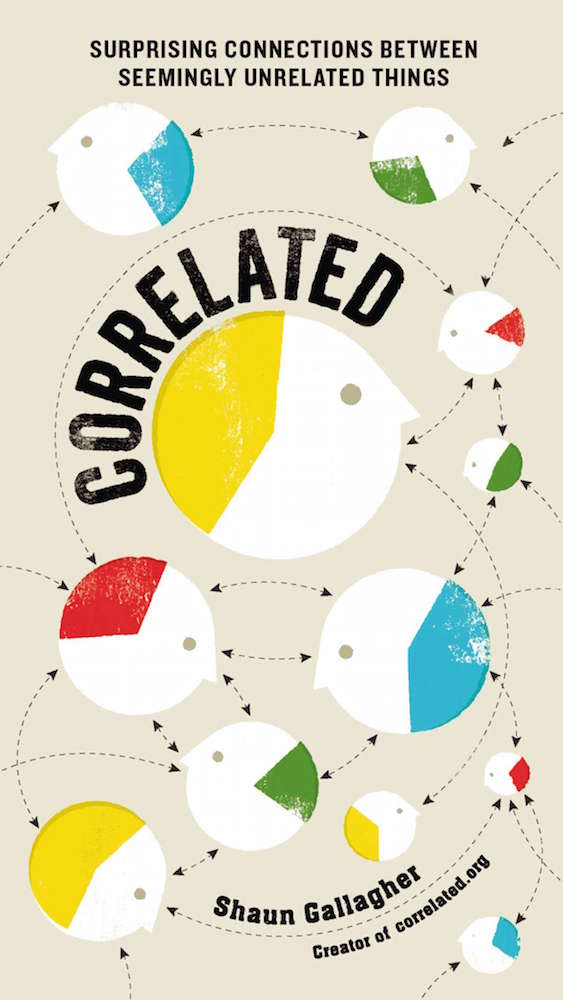
The tech pipeline problem misrepresents the pipe
One relatively common excuse I've heard for a lack of diversity in tech/programming is the so-called pipeline problem: "We'd love to have more diversity in the candidates we interview — but they were deterred from pursuing software development earlier in the pipeline, and as much as we regret that it happened, there is now a paucity of qualified candidates among these disadvantaged groups."
I don't find that to be a compelling argument or a justifiable excuse, but even if potential candidates were deterred at an earlier point in the pipeline, one of the great things about programming is that there is not just one long pipe with only one entrance.
In reality, there are SO MANY pipes. More so than most other professions, I would say.
You might go down a pipe that leads to a CS degree. Or maybe you get a degree in a different field or go after some other opportunity besides college, but then pursue programming as a second career.
You might go down a pipe that puts you in a business role adjacent to programming, then start to pick up a few things, then move into a more technical role.
You might go down a pipe that begins with a coding bootcamp, or maybe a pipe that begins with wanting to build your own website using online tutorials as a guide.
The systemic issues that deter people from pursuing this kind of work are real and terrible, and sometimes those deterrents continue even after you've landed the job. So I'm not trying to minimize or delegitimize the obstacles that people face.
But one of the deterrents that is a lie, and that keeps otherwise qualified candidates from pursuing programming as a career, is that there's just one pipe and if you didn't go down it, or were prevented from going down it, you've missed your chance.
Hiring companies who try to cite the tech pipeline problem as an excuse for their lack of diversity are generally either disingenuous or haven't put in the effort to realize it's a poor excuse. They are likely looking down only one pipe, and it's probably the one that historically has been hard for disadvantaged groups to pass through. If they're unwilling to look down other pipes, that shows you how committed they really are to diversity.



